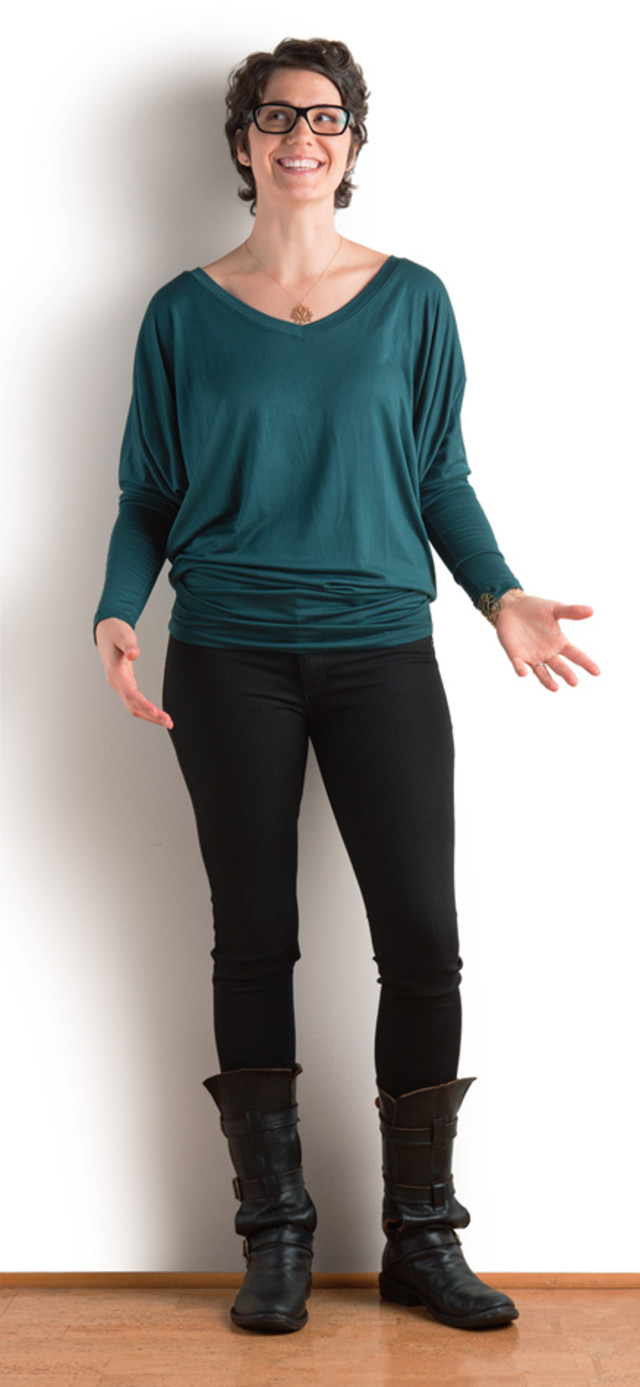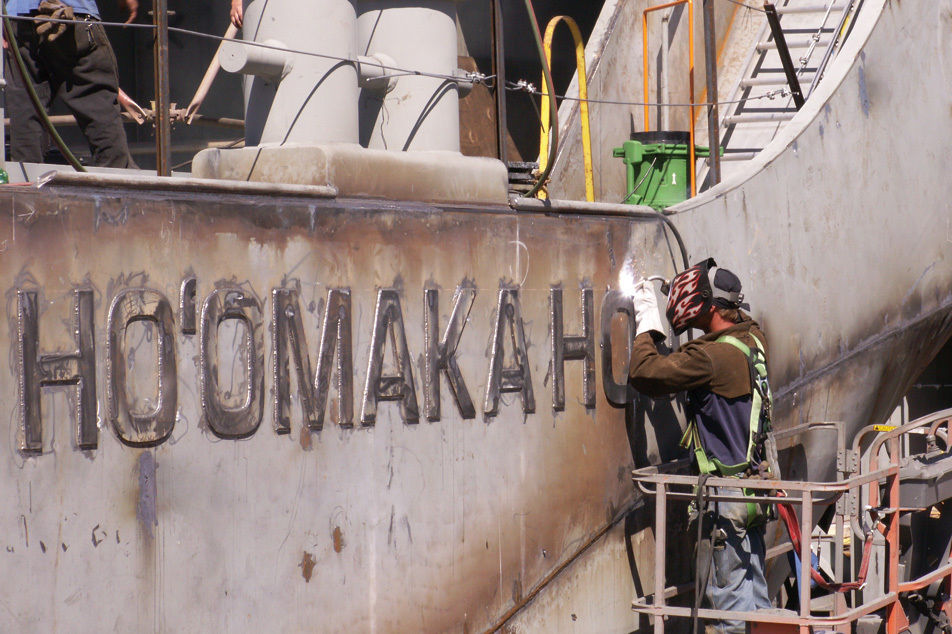Access Code

Image: Michael Schmitt
On a dreary Sunday morning at Case Study Coffee, a small group of women have their laptops open and earbuds in, some chatting and laughing, some focused on the screens. They are hacking—in the benign sense, meaning simply grappling with computer code problems, not trying to start a second Wikileaks. From her table by the door, Michelle Rowley greets late arrivals.
“It’s a hacking party,” she explains.
Rowley, 33, is the executive director of Code Scouts, a nonprofit she launched in January to create a community for women entering the software industry. (Men are welcome to join, too.) In a competitive field growing three times faster than the rest of the private sector, it’s easy for women—who account for just 18 percent of software developers—to feel isolated.
“I talk to big, amazing companies who say, ‘We don’t even have any women applying,’” Rowley says.
Rowley and her team of volunteer mentors work individually with members to build a Facebook-like social platform for the Code Scouts community, web and mobile apps, or other projects that can adorn their portfolios and, hopefully, land them careers. By building something collaboratively, Rowley says they are better prepared for development jobs. Code Scouts partners with local companies for networking opportunities: Puppet Labs, an IT automation firm, hosts its monthly meetings, and FutureWorks Consulting hosts a leadership series for mentors.
An Arizona State University graduate in French and geography, Rowley taught herself programming. In 2003, she landed in Portland with e-newsletter design company Emma Inc. But when she started organizing a coed programming users group in 2008, the eureka moment arrived: female developers are often seen as women first, developers second. An $18,000 Portland Incubator Experiment grant later, Code Scouts was born. Now a freelance consultant for tech companies, Rowley calls herself a “culture engineer.”
Already, Code Scouts’ 100 members are storming into Portland’s lauded developer scene, landing full-time gigs at companies like New Relic and Urban Airship. The nonprofit is still in a test phase (a “closed beta,” as Rowley calls it), but a waiting list of more than 200 women in 25 states and other countries has expedited expansion plans.
“All these companies are popping up, and they need programmers,” Rowley says. “My vision is worldwide.”




